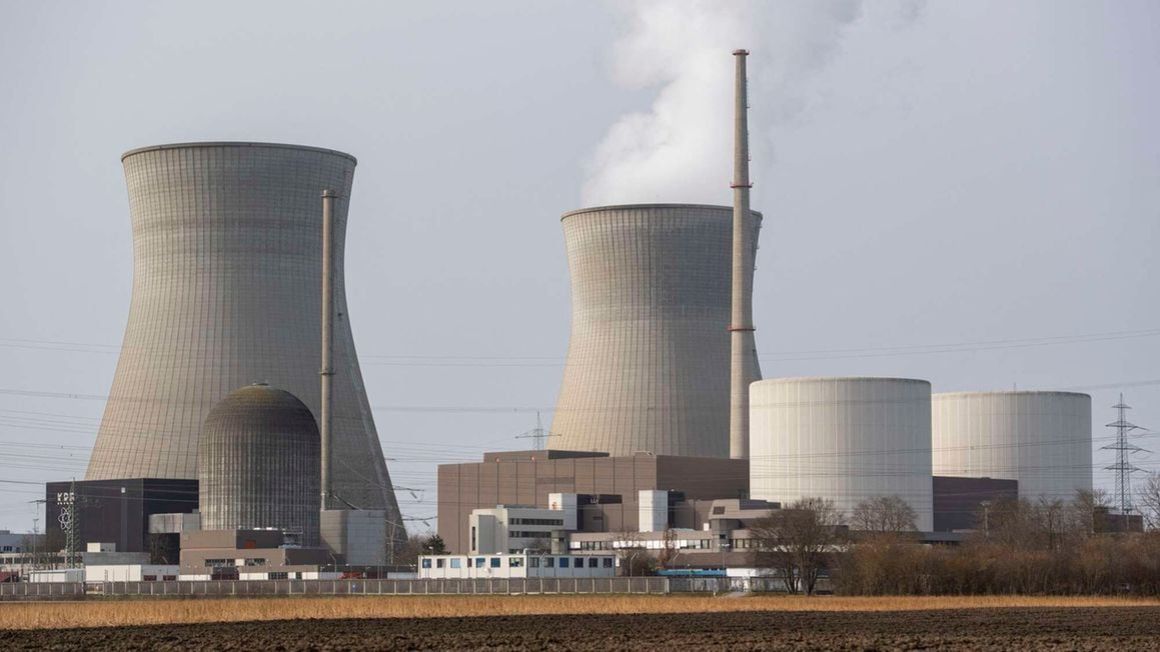Kenya is set to begin on the construction of its maiden nuclear power plant in 2027 a project, aimed at meeting the rising demand for electricity while pursuing a green energy agenda that recently received approval from the International Atomic Energy Agency (IAEA).
Justus Wabuyabo, the Acting CEO of the Nuclear Power and Energy Agency (NuPEA), disclosed that the agency is advancing plans to initiate international tenders for the construction of the plant.
Read also: Africa Leaders Call for Fossil Fuel Tax and Climate Finance
The potential sites for this groundbreaking project are Kilifi and Kwale counties.
![NuPEA MEETS WITH COAST PROFESSIONALS OVER NUCLEAR POWER PROGRAMME. [Photo/ NuPEA]Kenya](https://news.switchtv.ke/wp-content/uploads/2023/09/IMG-20230727-WA0096-1024x682-1.jpg)
Mr. Wabuyabo said, “We will commence the bidding stage anytime between 2026 and 2027 and begin construction in 2027. The construction phase is estimated to span six to ten years, making the commissioning of the first plant likely to happen around 2034-35.”
The plant is projected to have a substantial capacity of 1,000 Megawatts (MW), which, if successfully completed, will play a pivotal role in augmenting the country’s electricity supply and reducing its dependence on fossil fuel-powered thermal plants.
Kenya’s pursuit of nuclear energy is underpinned by its ambitious goal to achieve middle-income status by 2030, which demands a substantial increase in electricity production.
Currently, the country’s energy mix predominantly comprises geothermal energy at 45.21 percent, followed by hydro (21.05 percent), wind (16.08 percent), and solar (3.92 percent).
However, the integration of a nuclear power plant into Kenya’s energy landscape also necessitates the upgrade of its electricity transmission network to ensure the reliable and efficient distribution of power to these plants.
The topic of discussion during the meeting was the Merits and Demerits of Nuclear Science and Technology and its space in Africa’s Development Agenda.
“Safety is our overriding principle in the implementation of the Nuclear Power Programme as the government has a moral duty to ensure that people and the environment, present and future, are protected against radiation risks” said Wabuyabo.
The International Atomic Energy Agency’s Director for Africa, Prof. Shaukat Abdulrazak affirmed that the benefits of nuclear technology far outweigh its perceived demerits.
“Fourteen African countries are considering nuclear power generation for electricity while the likes of China are building new plants,” said Prof. Abdulrazak.
The IAEA Director for Africa further stated that 43 per cent of Africa’s population lacked access to electricity as per 2021 statistics and that the IAEA is supporting nuclear power planning and development to foster nuclear energy sustainability on the continent.
Pwani University Acting Vice Chancellor Prof. James Kahindi said the institution was keen to have a Memorandum of Understanding with NuPEA to foster research, academic linkages including scholarship opportunities, as well to benefit from the IAEA’s programmes for peaceful uses of nuclear science and technology.
The Nuclear Power and Energy Agency is a State Corporation in the Ministry of Energy and Petroleum. Its mandate is to undertake development of Kenya’s nuclear power programme, as well as research in energy technologies. Further, it is tasked with spearheading capacity building for the energy and petroleum sectors.
















